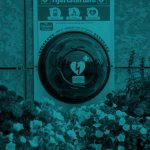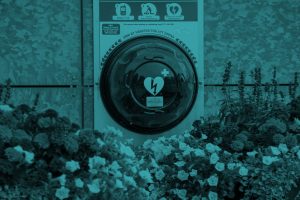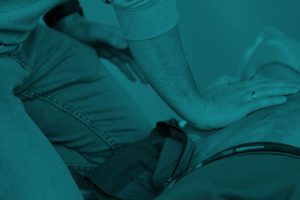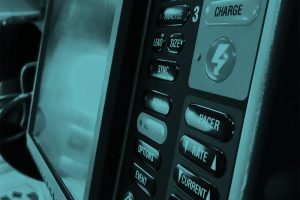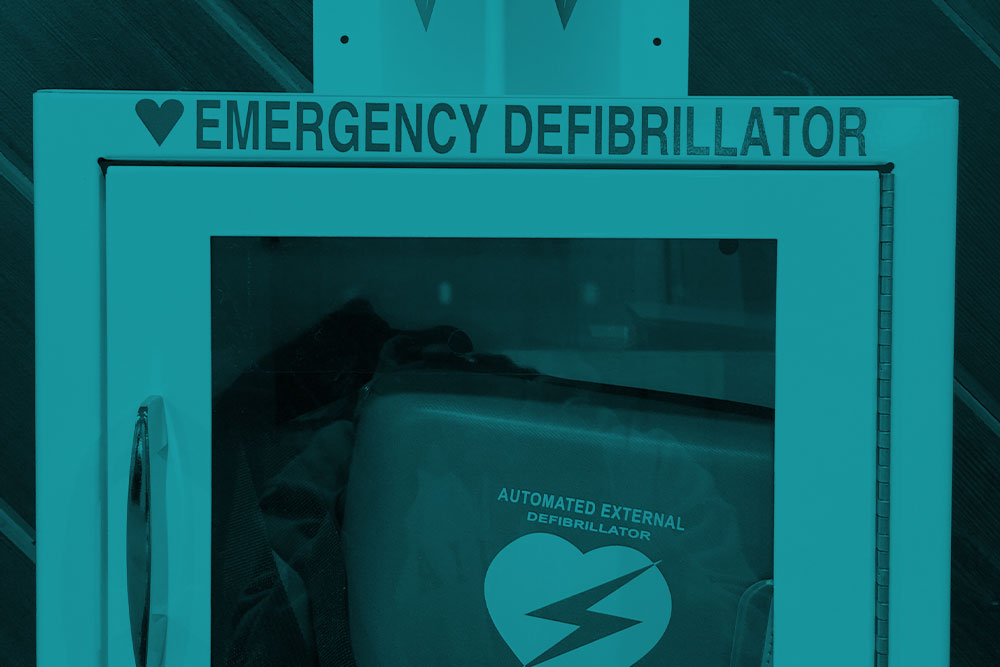
The aim of our study was to determine whether businesses can be identified that rank highly for their potential to improve coverage of out-of-hospital cardiac arrests (OHCAs) by automated external defibrillators (AEDs), both in public locations and private residences. The cohort comprised 10,422 non-traumatic OHCAs from 2014 to 2020 in Perth, Western Australia. We ranked 115 business brands (across 5,006 facilities) for their potential to supplement coverage by the 3,068 registered public-access AEDs in Perth, while accounting for AED access hours.
Results: Registered public-access AEDs provided 100 m coverage of 23% of public-location arrests, and 4% of arrests in private residences. Of the 10 business brands ranked highest for increasing the coverage of public OHCAs, six brands were ranked in the top 10 for increased coverage of OHCAs in private residences. A public phone brand stood out clearly as the highest-ranked of all brands, with more than double the coverage-increase of the second-ranked brand. If all 115 business brands hosted AEDs with 24-7 access, 57% of OHCAs would remain without 100 m coverage for public arrests, and 92% without 100 m coverage for arrests in private residences.
Conclusion: Many businesses that ranked highly for increased coverage of arrests in public locations also rank well for increasing coverage of arrests in private residences. However, even if the business landscape was highly saturated with AEDs, large gaps in coverage of OHCAs would remain, highlighting the importance of considering other modes of AED delivery in metropolitan landscapes.


